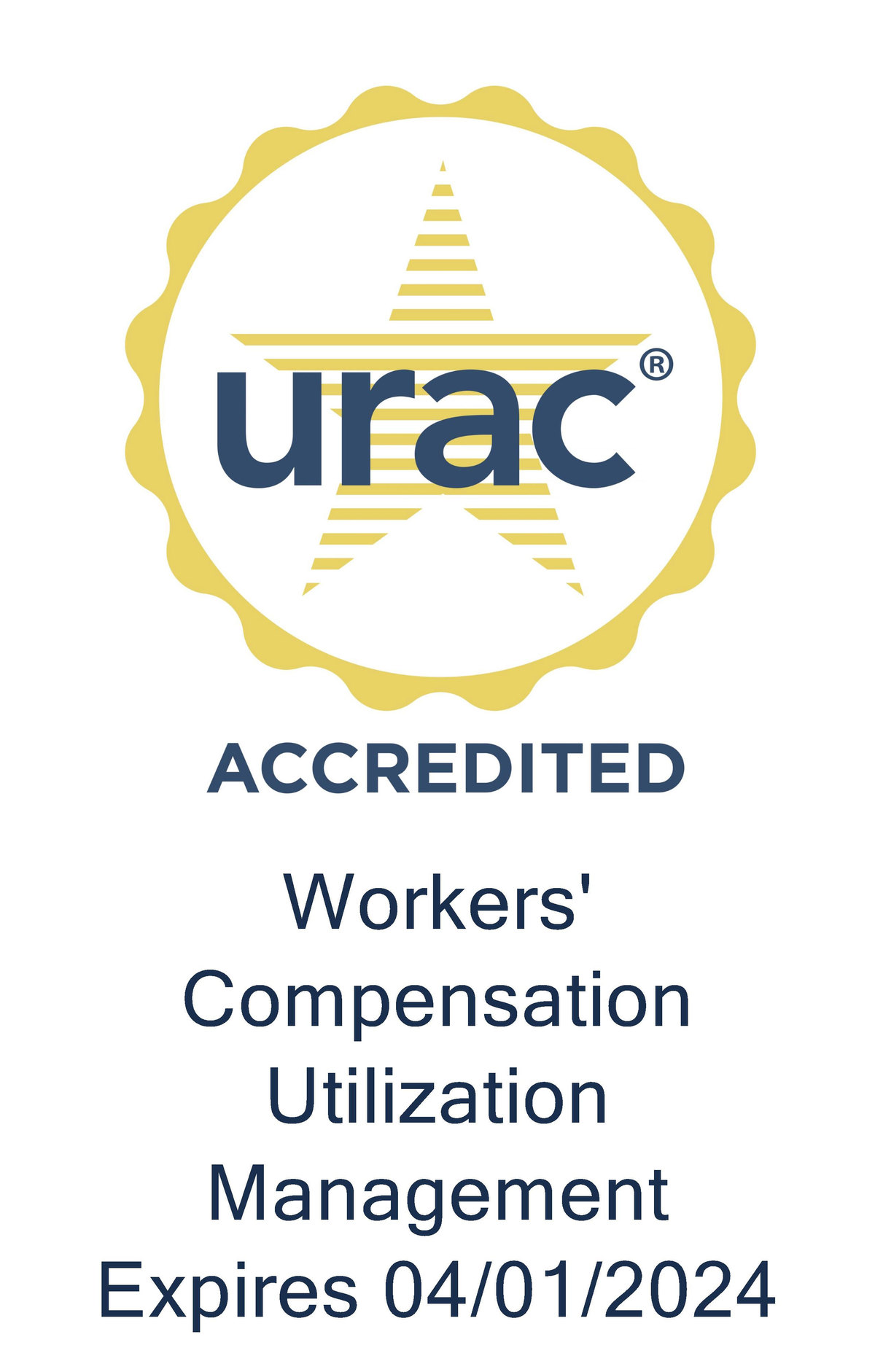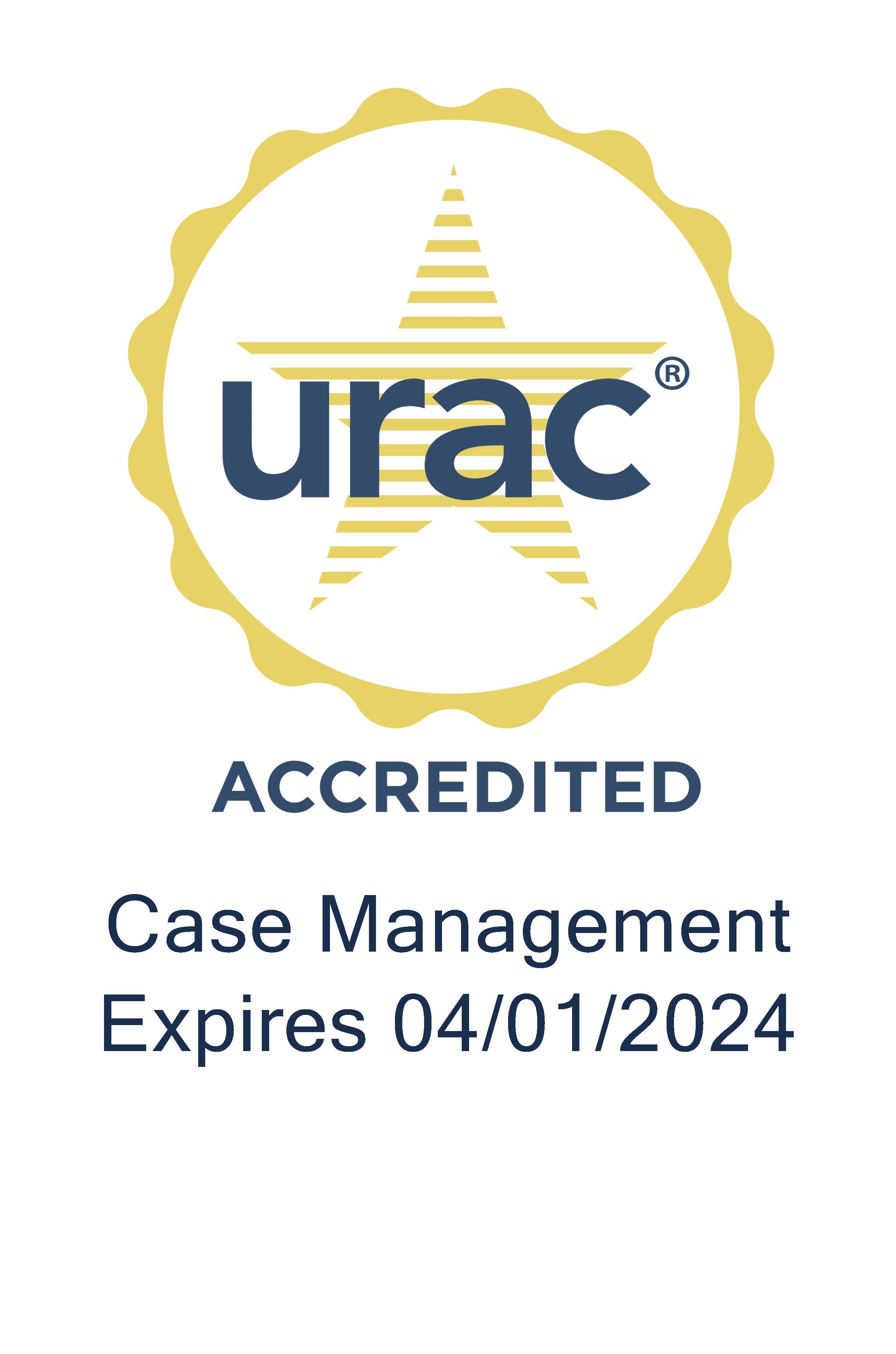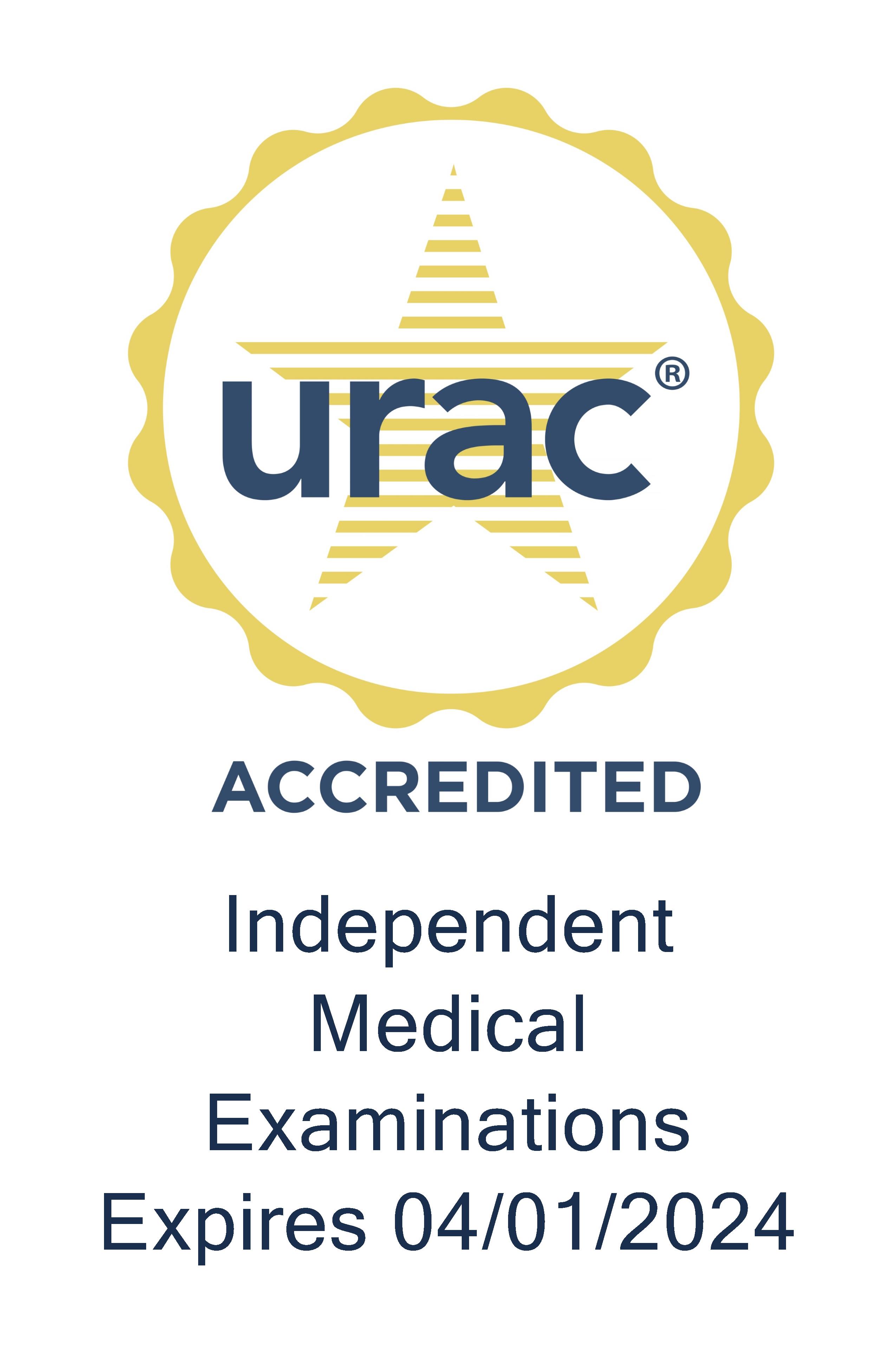Keep current with new legislation and its potential effect on your organization. This regulatory update is for informational purposes only, and provides some key highlights on state initiatives that may impact the bill review services Genex provides.
Click here to download the PDF.
National
The Centers for Medicare and Medicaid Services (CMS) has updated the Interim Final Rule for the Durable Medical Equipment Prosthetics/Orthotics, and Supplies Fee Schedule (DMEPOS). The update became effective June 1.
CMS also announced its quarterly update to the Physician Fee Schedule has been posted and took effect July 1.
Also, the Healthcare Common Procedure Coding System C Codes have been updated and became effective July 1.
ALABAMA
The state Department of Labor has made updates to its Clinical Laboratory, In-Office Surgery, and Physician’s Fee Schedules. The revisions became effective July 1.
ARKANSAS
The Workers’ Compensation Commission has announced Rule 099.41 for the Workers’ Compensation Drug Formulary has been adopted for all workers’ compensation claims with a date of injury on or after July 1. This rule limits opioids to an initial 5-day supply and 50 morphine equivalent dose (MED) per day and subsequent prescriptions are not to exceed a 90-day supply. The list of approved medications can be accessed here.
CALIFORNIA
FraudWatch: The Division of Workers’ Compensation has suspended 29 medical providers in May and June, bringing the total to 274 who are no longer participating in California’s workers’ compensation system since the state’s fraud protection law went into effect Jan. 1, 2017.
The Division of Workers’ Compensation has adopted a drug formulary to implement AB 1124 that went into effect Jan 1. The regulations establish an evidence-based drug formulary that is consistent with California’s Medical Treatment Utilization Schedule (MTUS).
FLORIDA
Gov. Scott recently signed HB 21 into law which restricts opioid prescribing and dispensing The law took effect July 1. Under the law, prescriptions for an opioid drug listed as a Schedule II controlled substance may not exceed a three-day supply unless they meet certain exceptions.
INDIANA
SB 369 was signed into law by Gov. Holcomb. The law adopts the use of “N” drugs and establishes guidelines for formularies which became effective July 1.
MARYLAND
An update from the Workers’ Compensation Commission has been made to the data file of non-valued CPT codes June 6.
MASSACHUSETTS
HB 4470 has been introduced and is currently in the hands of the Massachusetts House Ways and Means Committee. This bill would create a formulary for all medications and limit only opioid based-drugs.
MONTANA
The state’s Department of Labor and Industry has updated its professional fee schedule as well as its facility fee schedule. The changes took effect July 1.
NEW JERSEY
The state has adopted rules and regulations regarding electronic billing. The rules go into effect Nov. 1, 2019.
NEW YORK
The Chair of the Workers’ Compensation Board has proposed adoption of Part 41 of 12 New York Codes, Rules and Regulations to establish a drug formulary. The draft of the Pharmacy Formulary could be accessed here.
NORTH CAROLINA
Administrative Code 11 NCAC 23M .0101-.0501 for the Utilization of Opioids, Related Prescriptions, and Pain Management in Workers’ Compensation Claims took effect in May 1. This rule limits the initial prescription of opioids and other controlled substances to a five-day supply, or a seven-day supply following surgery, and the dosage cannot exceed 50 MED a day.
OHIO
The state has updated Rule 4123-6-33 for Health and Behavior Assessment and Intervention. The revision became effective July 1.
SOUTH DAKOTA
The state’s Department of Labor and Regulation has updated its Medical and Dental Fee Schedules. The changes took effect July 1.
TEXAS
The state has adopted 28 TAC 134.500, 134.530 and 134.540 which makes changes to pharmaceutical benefits. These amendments will exclude from the closed formulary all prescription drugs created through compounding prescribed and dispensed on or after July 1. Preauthorization for these drugs will be required.
WASHINGTON
The Medical Fee Schedule has been updated and adopted by the Department of Labor & Industries. The revisions became effective July 1.






